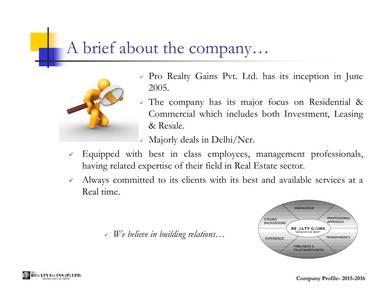Choosing Leveraged Real Estate Investments Over Leveraged Stock Investments
 In a depressed economy, people pay much careful attention to their investments. Before opting to invest more, so too must they weigh their options. Leveraged investments in either real estate or stock are two popular investment options. All leveraged investments are not made equal, however. Continue reading.
In a depressed economy, people pay much careful attention to their investments. Before opting to invest more, so too must they weigh their options. Leveraged investments in either real estate or stock are two popular investment options. All leveraged investments are not made equal, however. Continue reading.
You should first have a general idea of what leverage is in its most simple terms. Leveraging, in its simplest form, involves managing or controlling of an asset, despite having paid less money on it compared to what it would cost to own it full-out. This relates both to real estate investments and stock investments, although in somewhat different ways.
In terms of leveraged real estate investments, this comes up most often with home mortgages. To obtain ownership of a house from the establishment that is lending you money to buy it, it only takes about 20% of a house’s total purchase price. Most US citizens can’t afford to acquire a house for its total asking price, so the majority of them just end up owning a house by this means. Or else, can any one of your friends who owns their house claim they paid the total asking price upfront for their home?
You usually don’t borrow money to purchase stock options, on the opposite end of the spectrum. By buying the individual stock option, you automatically get the right to manage the asset without the cost of actually purchasing it on the whole. What you’re basically doing instead is obtaining the right, at some specific forthcoming date and price, to purchase a particular number of shares of stock.
Motivation is oftentimes the main difference in choosing between real estate investments and stock investments. While people purchase real estate investments for a myriad of reasons such as home ownership or as a second investment property, stock investments are bought exclusively for earnings. This also makes the risk of owning them that much higher. If the market decreases the value of your house, you can usually wait it out, while still living within it, for instance. With respect to stock investments, if the stock price drops, the money you put into the option originally may wind up being higher than you can probably hope to cash out with. In this way, if you’re trying to narrow down your alternatives, leveraged real estate investments are often the secure bets.
